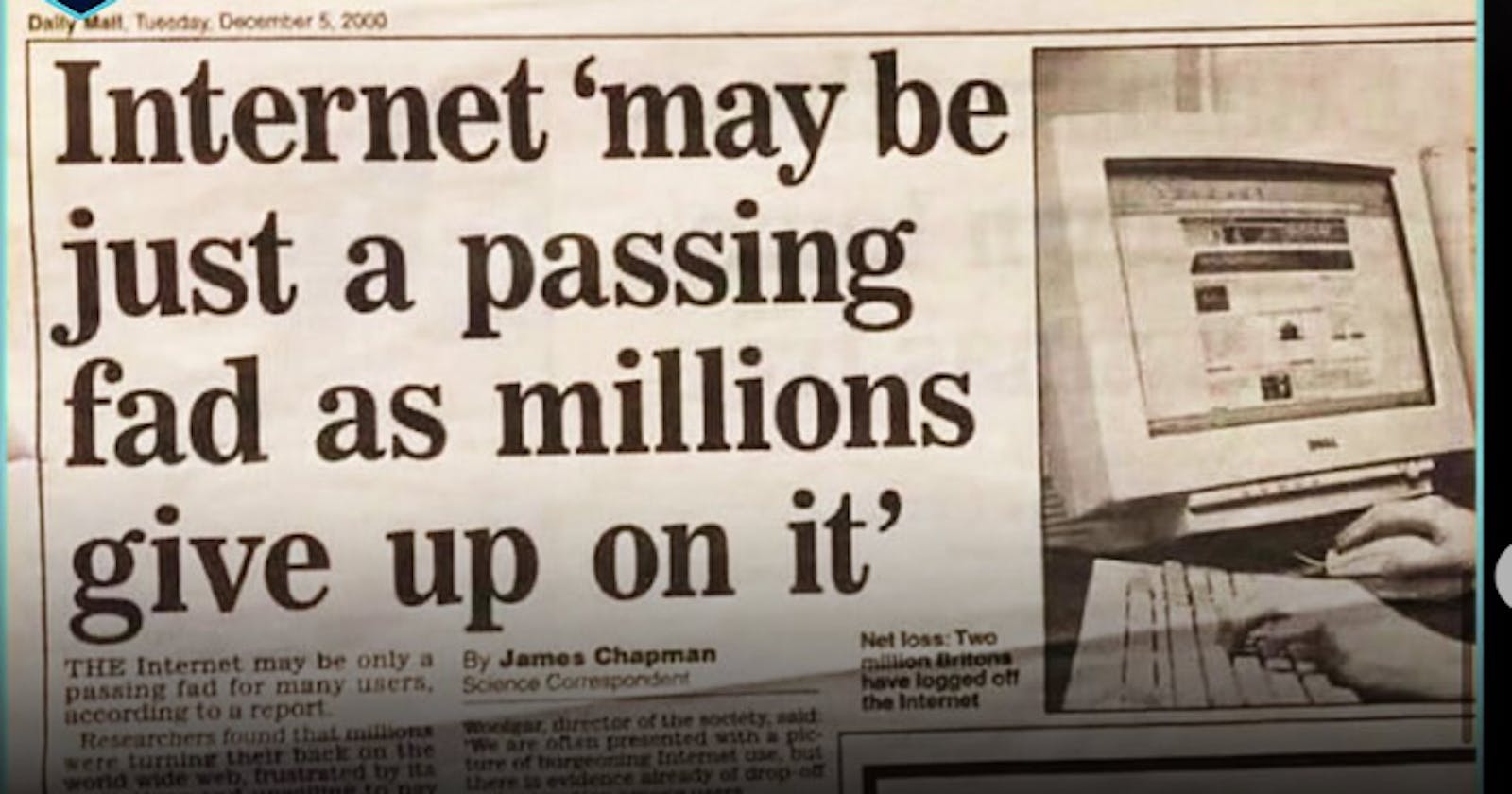In recent years, the emergence of Web3 has sparked a paradigm shift in how we perceive and interact with the internet. Unlike its predecessors, Web3 embodies principles of decentralization, transparency, and user empowerment, ushering in a new era of digital sovereignty and innovation. In this comprehensive article, we will delve into the transformative potential of Web3, exploring its impact on reshaping the internet, promoting decentralization, and empowering users worldwide.
The Evolution of Web3: A Paradigm Shift
Web3 represents the next evolutionary stage of the internet, building upon the foundational principles of Web1 (the static web) and Web2 (the interactive web) while introducing novel concepts such as blockchain technology, decentralized applications (DApps), and token economies. At its core, Web3 seeks to democratize access to digital resources, redistribute power away from centralized intermediaries, and foster peer-to-peer collaboration and trustless interactions.
Reshaping the Internet Landscape
Decentralization and Interoperability:
Web3 prioritizes decentralization, aiming to dismantle traditional gatekeepers and intermediaries that control access to information, data, and digital assets. By leveraging blockchain technology and decentralized protocols, Web3 facilitates peer-to-peer transactions, data ownership, and identity management without reliance on centralized authorities.
Data Privacy and Ownership:
In Web3, users retain control over their data and digital identities, mitigating concerns about data privacy breaches, surveillance, and exploitation by tech giants. Decentralized identity solutions and zero-knowledge proofs enable users to selectively disclose information while maintaining privacy and anonymity.
Censorship Resistance:
Web3 platforms are inherently resistant to censorship and censorship-resistant, ensuring freedom of expression, information access, and digital rights preservation. Decentralized content distribution networks (CDNs) and peer-to-peer communication protocols enable uncensored communication and content sharing across the internet.
Empowering Users: From Consumers to Creators
Financial Inclusion and Economic Empowerment:
Web3 unlocks new economic opportunities for individuals worldwide, enabling financial inclusion, micropayments, and peer-to-peer transactions without traditional banking intermediaries. Cryptocurrencies, decentralized finance (DeFi), and tokenized assets empower users to participate in global economic systems and access financial services previously unavailable to them.
Content Creation and Ownership:
In Web3, content creators retain ownership and control over their creations, bypassing centralized platforms and monetization models that extract value from user-generated content. Decentralized content platforms, non-fungible tokens (NFTs), and tokenized ecosystems enable creators to monetize their work directly, fostering a more equitable and sustainable creative economy.
Digital Governance and Participation:
Web3 promotes participatory governance models, enabling users to contribute to decision-making processes, protocol upgrades, and community initiatives within decentralized ecosystems. Decentralized autonomous organizations (DAOs) empower stakeholders to govern and manage digital assets, resources, and governance tokens collectively, fostering greater transparency, accountability, and inclusivity.
Challenges and Opportunities Ahead
While Web3 holds immense promise for reshaping the internet and empowering users, it also faces significant challenges and obstacles on the path to mainstream adoption. Scalability limitations, interoperability issues, regulatory uncertainties, and user education are among the key challenges that must be addressed to realize the full potential of Web3. However, with ongoing innovation, collaboration, and community engagement, the future of Web3 remains bright, offering transformative possibilities for a more decentralized, equitable, and resilient internet ecosystem.
Conclusion: Embracing the Promise of Web3
As we navigate the complexities of the digital age, the principles of decentralization, transparency, and user empowerment embodied by Web3 offer a beacon of hope and opportunity for a more inclusive, democratic, and resilient internet. By embracing the ethos of Web3, we can collectively shape a future where individuals are empowered to control their digital destinies, participate in global economic systems, and co-create a more equitable and sustainable digital world for generations to come.
